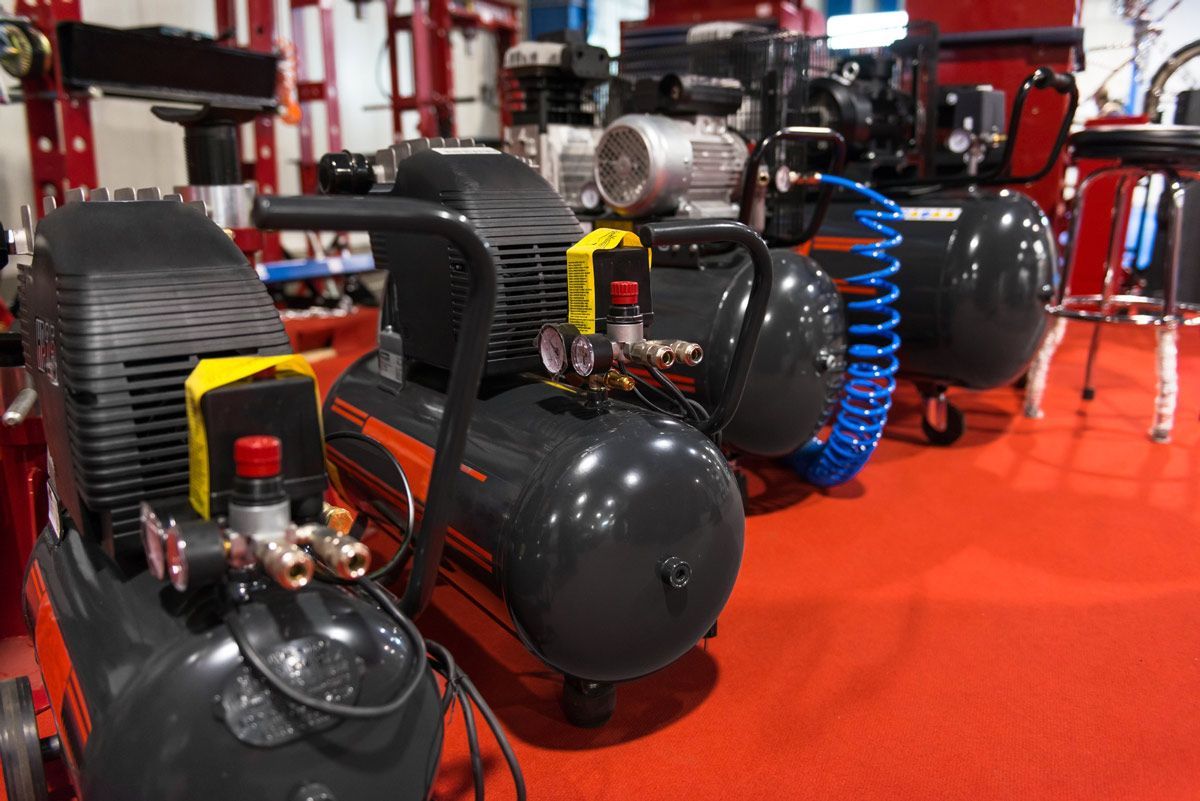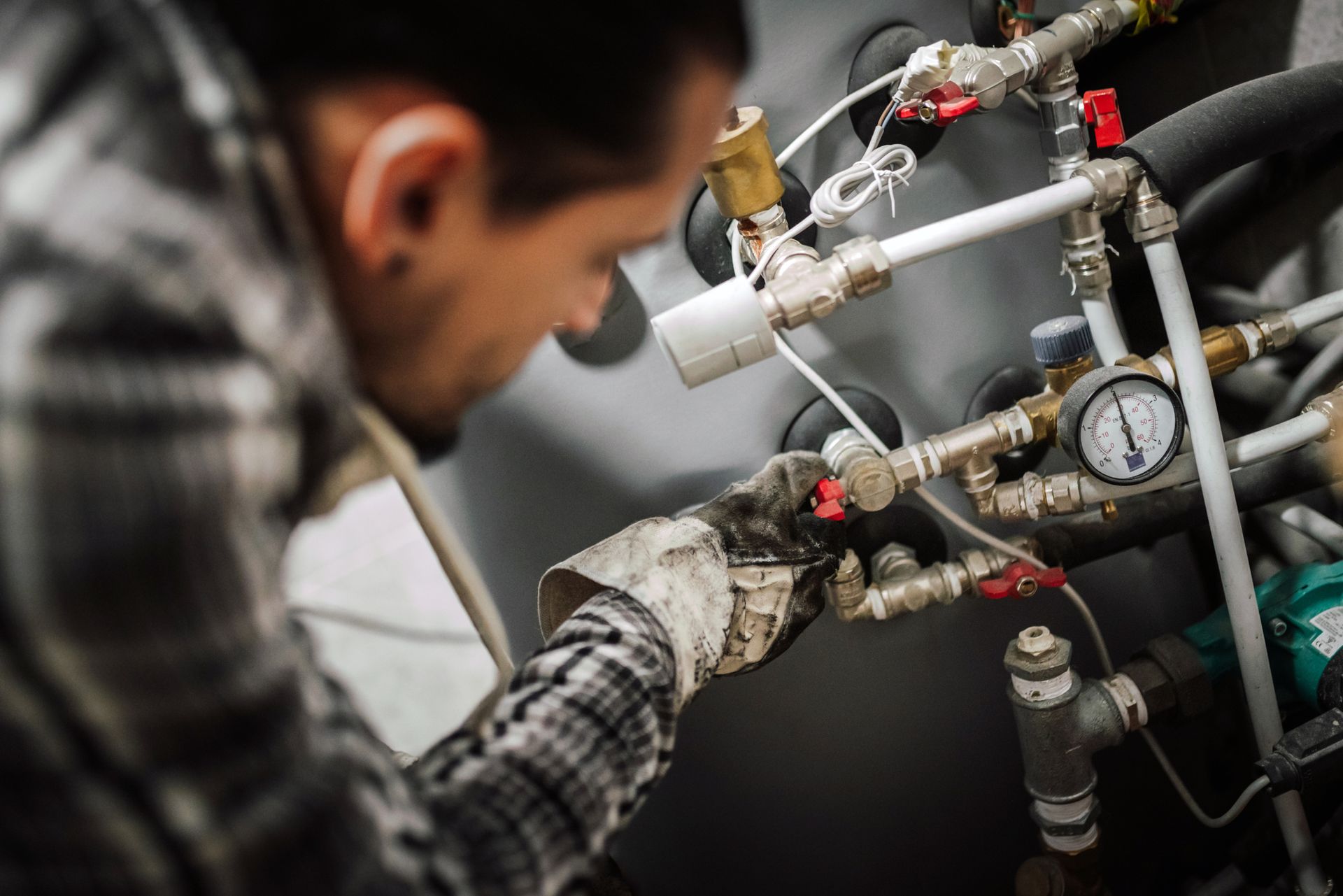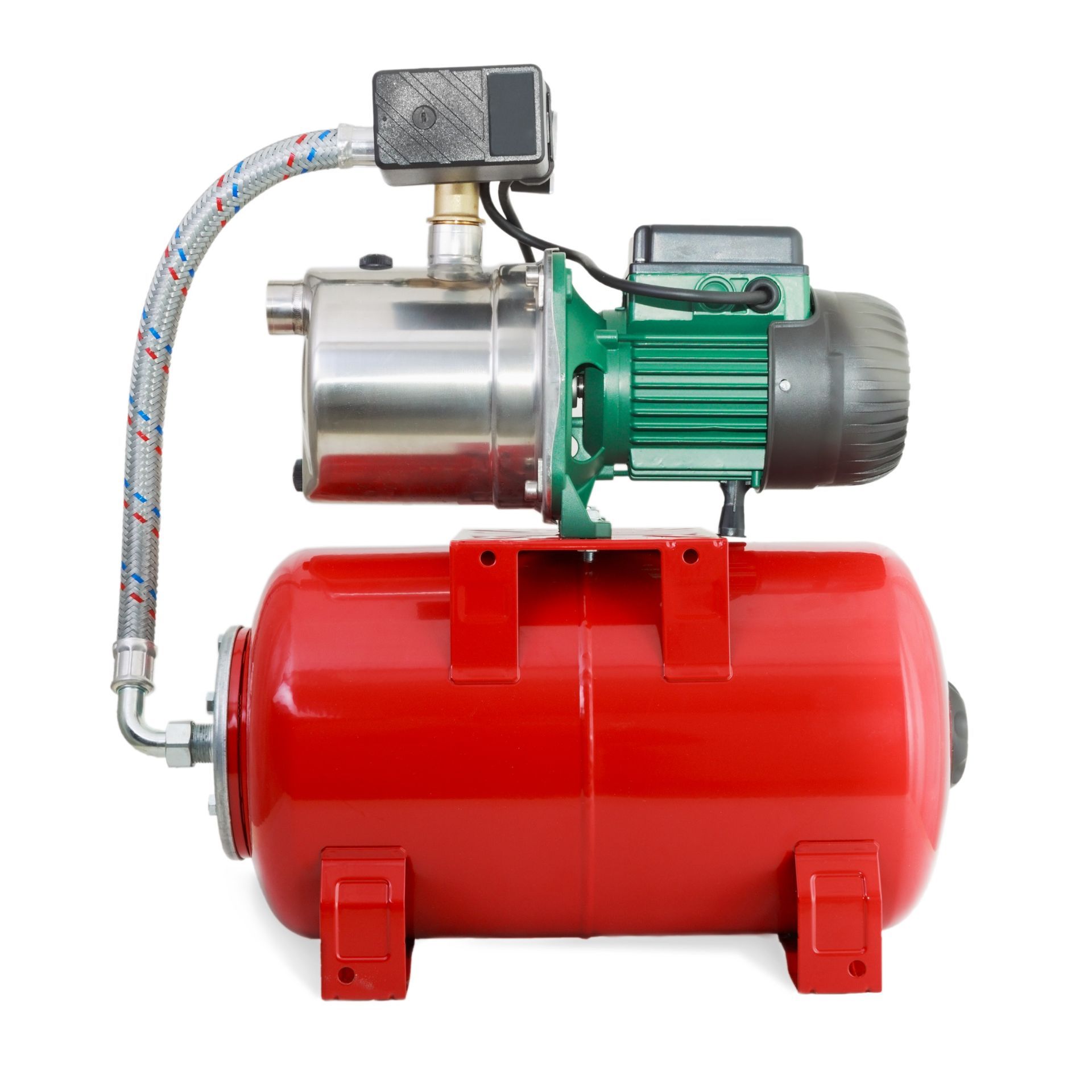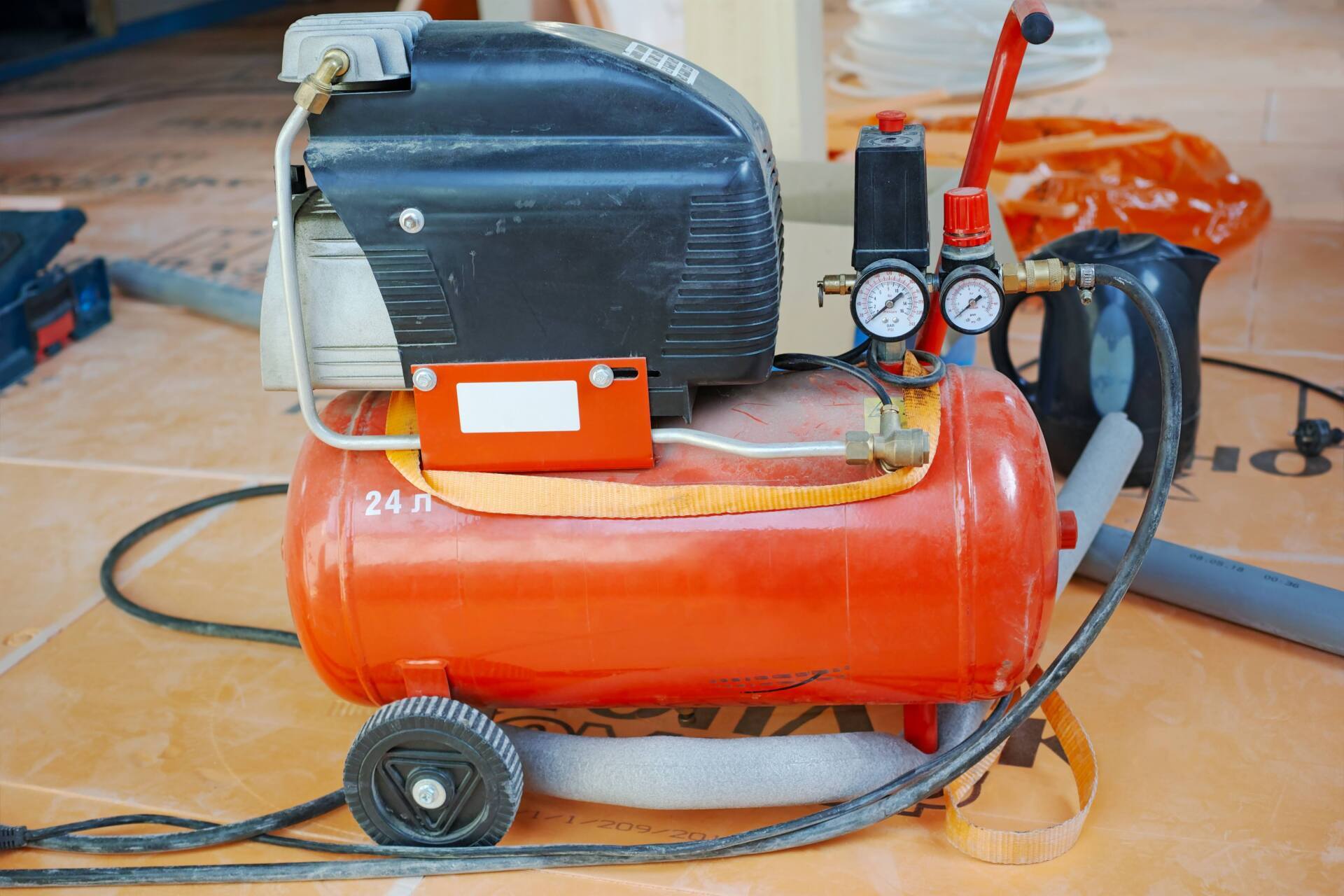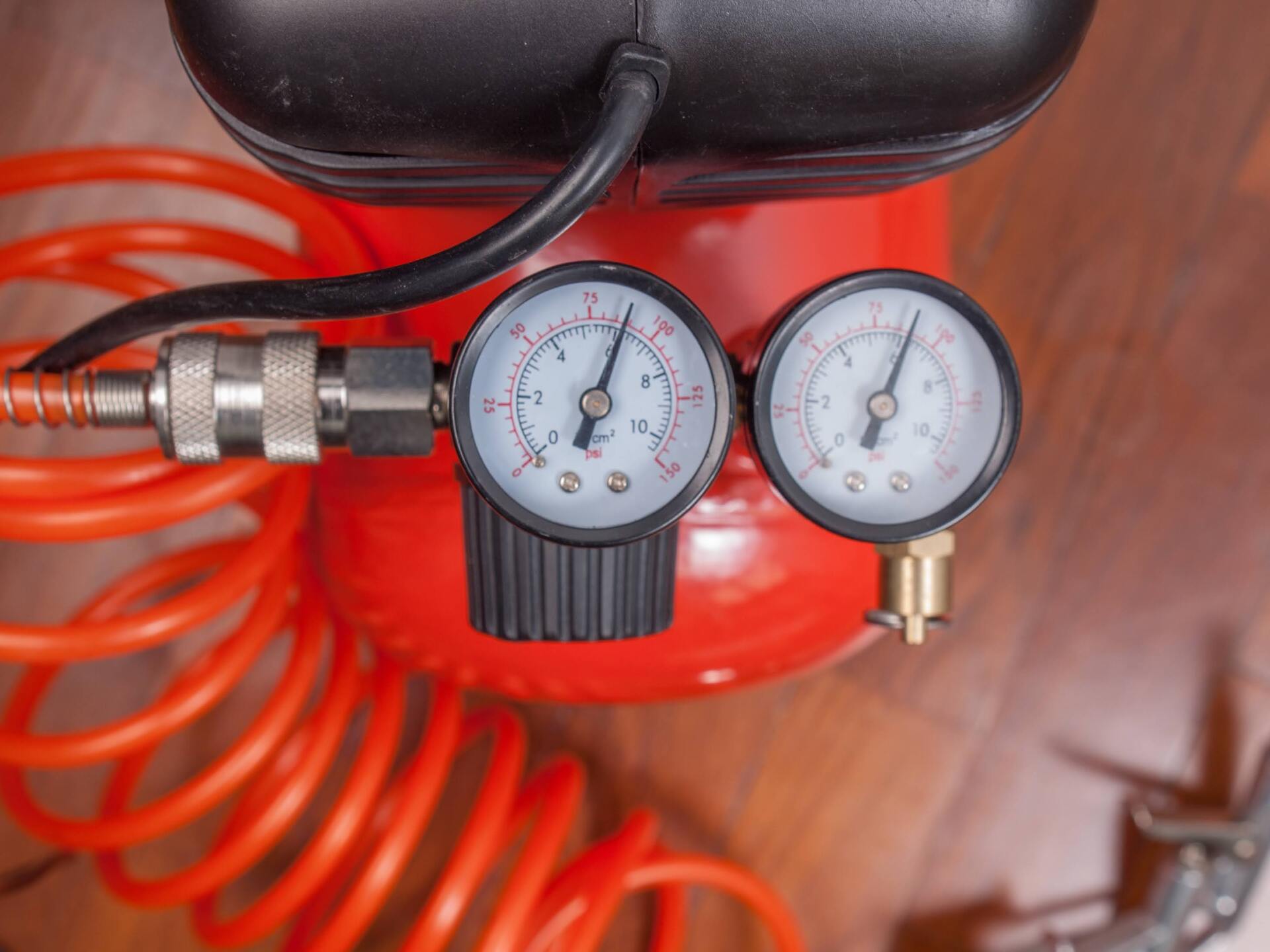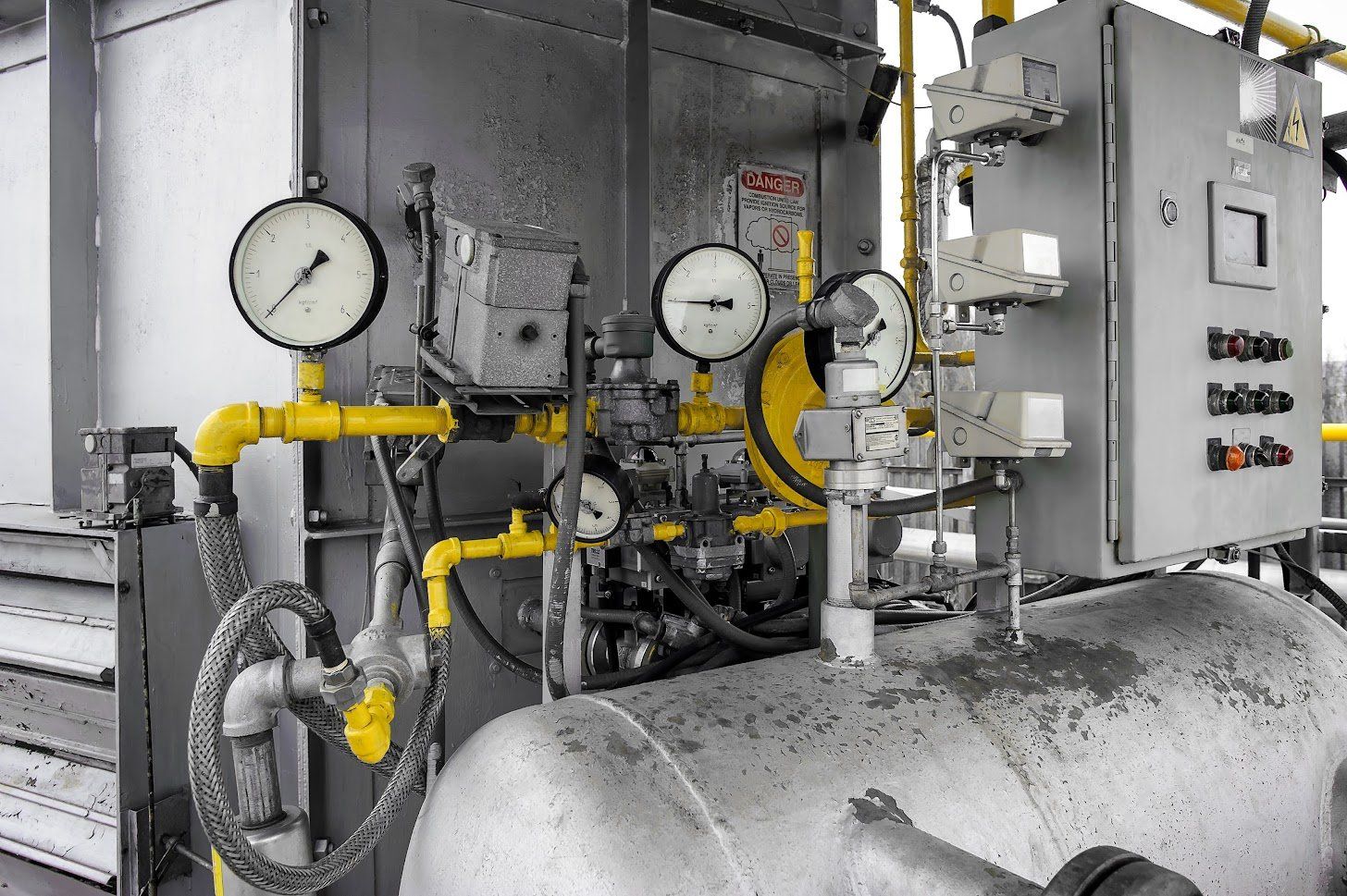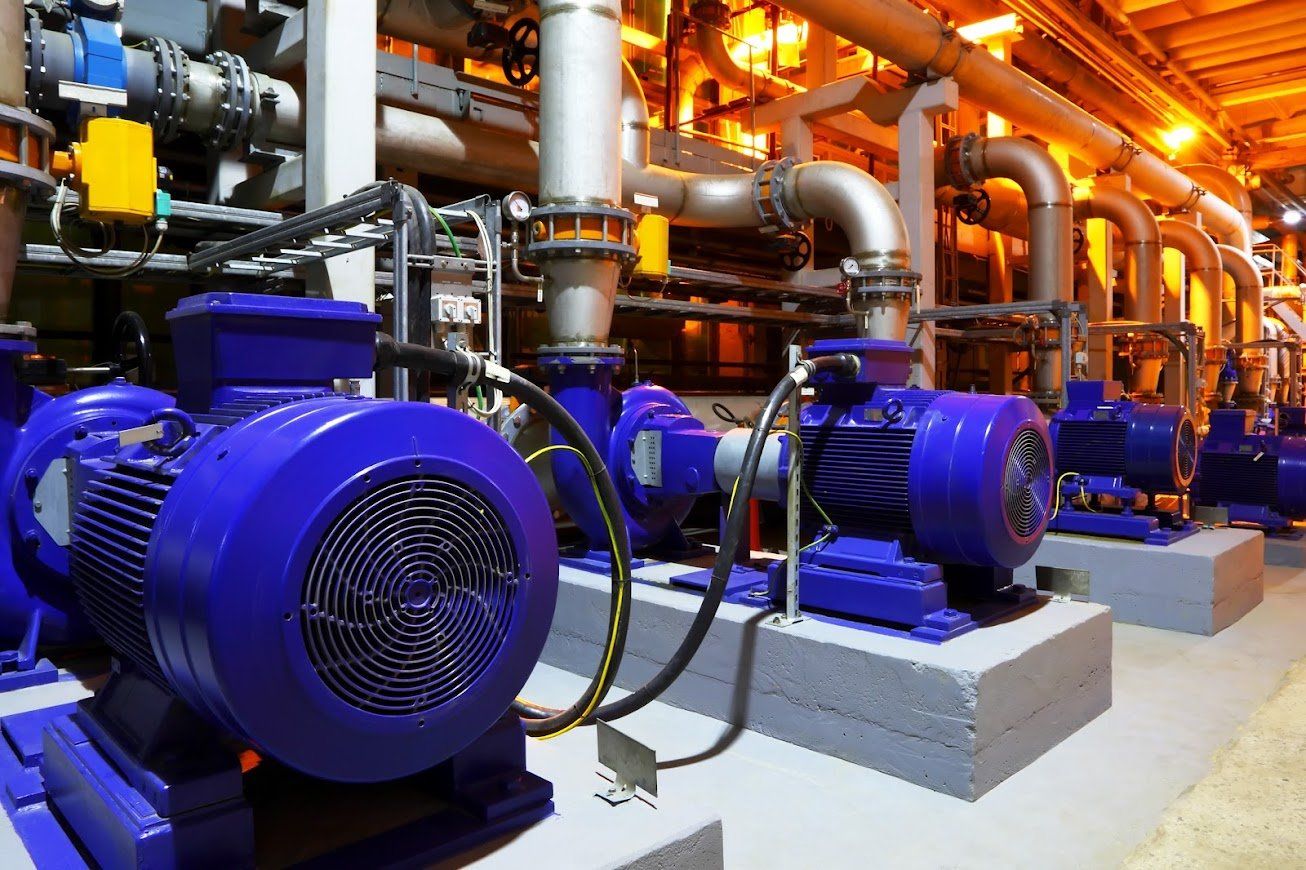Blog Layout
4 Main Causes of Oil Carry-Over in a Compressed Air System
4 Main Causes of Oil Carry-Over in a Compressed Air System
- By Admin
- •
- 26 May, 2021
- •
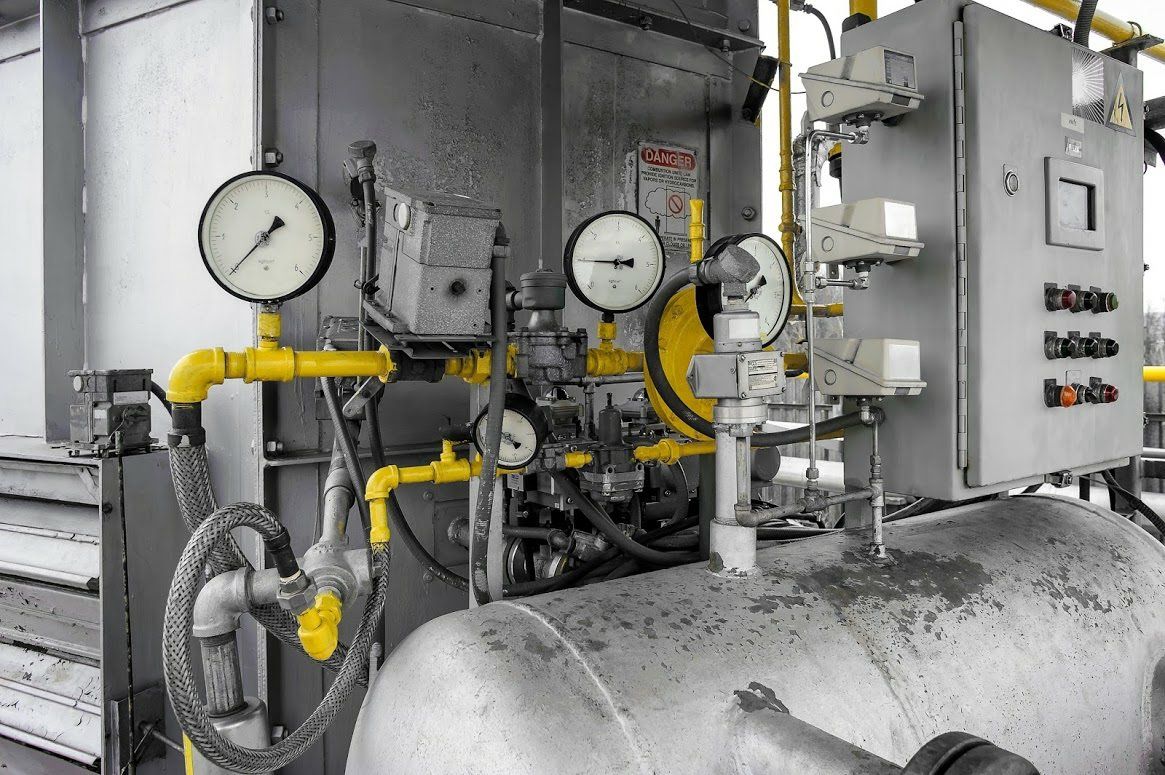
Air compressors are the heart of many workshops' operations. These machines are very powerful, but that doesn't mean they aren't prone to breakdown or malfunction.
An air compressor could suffer from oil leaks, air leaks, or extensive mechanical failure. Airflow pressurization becomes a huge problem when such issues emerge, preventing the compressor from doing its job.
Among the most prevalent compressor issues is oil carry-over. Here, lubrication oil bypasses the separation filter and seeps into the discharge pipe. In doing so, oil carry-over creates a myriad of other problems, including:
Knowing what causes excessive oil carry-over will help you prevent compressor failure and other, equally devastating consequences. Here are the most common reasons for oil-carryover in your workshop's compressed air system.
1. Separator Filter Malfunction
The separator filter prevents compressed air and oil in the compressor from mixing. In the compression process, oil is vital for lubrication and heat absorption of the compressed air. The compression cylinder releases a pressurized mixture of oil and air during this process.
But since the oil has to remain in the cylinder for lubrication, the separator filter ensures that the air coming out of the compressor is oil-free. When the filter malfunctions, excess oil carry-over is imminent.
Generally, you should expect your compressor output to have some carry-over, with acceptable limits between 5 and 10 parts per million. A higher carry-over means that you'll need to change your compressor's separator filter.
2. Light Load on the Compressor
When air is compressed, it heats up. The heat of compression is crucial in maintaining an optimum oil temperature. But when the machine runs on a light load, there won't be enough heat to keep the oil warm.
Lower oil temperature triggers condensation of the moisture in the compressed air after reaching the pressurized dew point threshold. Water collects inside the pressure chamber instead, causing excessive oil carry-over.
Since there won't be enough oil for lubrication, the mechanical components of the compressor fail, grinding your system down to a halt. Additionally, the water can cause rusting in the compressor, further degrading its condition.
3. Clogged Oil Return Line
The oil return line, often referred to as the scavenge line, sits at the bottom of the separator filter. When the separator filter extracts oil from the air mixture, the oil has to circle back to the compression unit to maintain lubrication.
The scavenge line provides a path for the oil to go back and continue the cycle. But sometimes, accumulated dirt might clog the oil return line, forcing oil downstream. The result is excess carry-over.
Typically, your service contractor will perform a thorough evaluation of the scavenge line when replacing your compressor's air filter. They do so to remove any clogs that might trigger an oil carry-over in your air compression system.
4. Filling Too Much Oil
Although lubrication is vital for optimal compressor operation, too much of it will cause problems for your system.
When you or one of your workers put excess oil in your compressor's oil reservoir, air and oil won't both fit in the compressor. The separator filter won't function properly, causing oil to flow downstream. Oil then enters the discharge pipe, resulting in excessive carry-over.
Excess carry-over is very costly since lubrication is an ongoing expense for your air compression system. Besides, this problem could end up causing more damage to other parts of your compressor. Don't wait until oil carry-over interrupts your daily operations. Reach out to Compressed Air Systems today for a comprehensive inspection of your system.
An air compressor could suffer from oil leaks, air leaks, or extensive mechanical failure. Airflow pressurization becomes a huge problem when such issues emerge, preventing the compressor from doing its job.
Among the most prevalent compressor issues is oil carry-over. Here, lubrication oil bypasses the separation filter and seeps into the discharge pipe. In doing so, oil carry-over creates a myriad of other problems, including:
- Rapid heat buildup in the compressor that often results in operational failure
- Oil droplets from the compressor outlet that can cause air contamination
- Extensive damage to the downstream components (filters and dyers)
Knowing what causes excessive oil carry-over will help you prevent compressor failure and other, equally devastating consequences. Here are the most common reasons for oil-carryover in your workshop's compressed air system.
1. Separator Filter Malfunction
The separator filter prevents compressed air and oil in the compressor from mixing. In the compression process, oil is vital for lubrication and heat absorption of the compressed air. The compression cylinder releases a pressurized mixture of oil and air during this process.
But since the oil has to remain in the cylinder for lubrication, the separator filter ensures that the air coming out of the compressor is oil-free. When the filter malfunctions, excess oil carry-over is imminent.
Generally, you should expect your compressor output to have some carry-over, with acceptable limits between 5 and 10 parts per million. A higher carry-over means that you'll need to change your compressor's separator filter.
2. Light Load on the Compressor
When air is compressed, it heats up. The heat of compression is crucial in maintaining an optimum oil temperature. But when the machine runs on a light load, there won't be enough heat to keep the oil warm.
Lower oil temperature triggers condensation of the moisture in the compressed air after reaching the pressurized dew point threshold. Water collects inside the pressure chamber instead, causing excessive oil carry-over.
Since there won't be enough oil for lubrication, the mechanical components of the compressor fail, grinding your system down to a halt. Additionally, the water can cause rusting in the compressor, further degrading its condition.
3. Clogged Oil Return Line
The oil return line, often referred to as the scavenge line, sits at the bottom of the separator filter. When the separator filter extracts oil from the air mixture, the oil has to circle back to the compression unit to maintain lubrication.
The scavenge line provides a path for the oil to go back and continue the cycle. But sometimes, accumulated dirt might clog the oil return line, forcing oil downstream. The result is excess carry-over.
Typically, your service contractor will perform a thorough evaluation of the scavenge line when replacing your compressor's air filter. They do so to remove any clogs that might trigger an oil carry-over in your air compression system.
4. Filling Too Much Oil
Although lubrication is vital for optimal compressor operation, too much of it will cause problems for your system.
When you or one of your workers put excess oil in your compressor's oil reservoir, air and oil won't both fit in the compressor. The separator filter won't function properly, causing oil to flow downstream. Oil then enters the discharge pipe, resulting in excessive carry-over.
Excess carry-over is very costly since lubrication is an ongoing expense for your air compression system. Besides, this problem could end up causing more damage to other parts of your compressor. Don't wait until oil carry-over interrupts your daily operations. Reach out to Compressed Air Systems today for a comprehensive inspection of your system.
Browse Our Website
Contact Information
Address:
19009 61st Ave NE, Unit #5 Arlington WA 98223
Phone:
360-925-6356Mobile: (425) 328-0723
Email:
ed@compressedair-systems.com
Hours of Operation
- Mon - Fri
- -
- Sat - Sun
- Appointment Only






Serving Whatcom, Skagit, Snohomish King, and Pierce Counties.
Content, including images, displayed on this website is protected by copyright laws. Downloading, republication, retransmission or reproduction of content on this website is strictly prohibited. Terms of Use
| Privacy Policy


